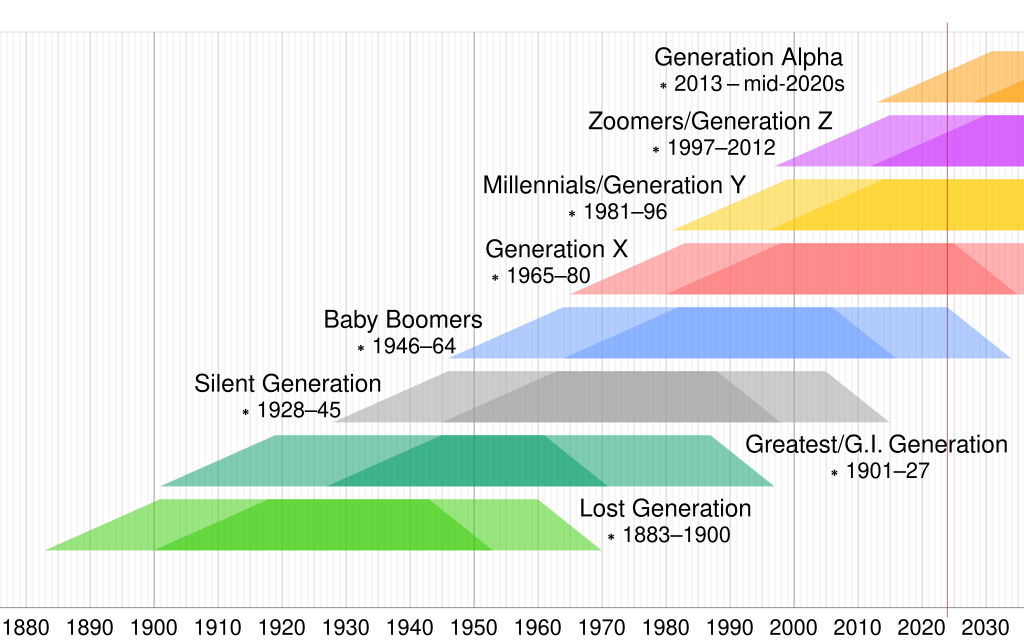Lamento Sertanejo Created 2024-08-12 Updated 2025-07-16
Song composed by Gilberto Gil Created 2024-08-12 Updated 2025-07-16
2023 Nobel Prize in Physics Created 2024-08-12 Updated 2025-07-16
Official announcement: www.nobelprize.org/prizes/physics/2023/summary/
Generation Z Created 2024-08-12 Updated 2025-07-16
Social generation Created 2024-08-12 Updated 2025-07-16
Accounts not controlled by Ciro Santilli Created 2024-08-12 Updated 2025-07-16
Ciro's younger Ciro Santilli's homonyms end up managing to take
@cirosantilli on some useless Gen Z websites like TikTok fair play: Comparison of text-to-speech software Created 2024-08-10 Updated 2025-07-16
By Ciro Santilli:
Other threads:
- www.reddit.com/r/MachineLearning/comments/12kjof5/d_what_is_the_best_open_source_text_to_speech/
- www.reddit.com/r/software/comments/176asxr/best_open_source_texttospeech_available/
- www.reddit.com/r/opensource/comments/19cguhx/i_am_looking_for_tts_software/
- www.reddit.com/r/LocalLLaMA/comments/1dtzfte/best_tts_model_right_now_that_i_can_self_host/
Lattice-based cryptography Created 2024-08-10 Updated 2025-07-16
Bibliography:
- on Quanta Magazine: www.quantamagazine.org/cryptographys-future-will-be-quantum-safe-heres-how-it-will-work-20221109/ "Cryptography’s Future Will Be Quantum-Safe. Here’s How It Will Work." (2024)
Hidden shift algorithm Created 2024-08-10 Updated 2025-07-16
Zettlr Created 2024-08-10 Updated 2025-07-16
Interesting "gradual" WYSIWYG. You get inline previews for for things like images, maths and links. And if you click to edit the thing, the preview mostly goes away and becomes the corresponding source code instead.
Text-to-speech Created 2024-08-10 Updated 2025-07-16
vscode restore windows after restart Created 2024-08-10 Updated 2025-07-16
ThoughtRiver Created 2024-08-10 Updated 2025-07-16
vscode HOWTO Created 2024-08-10 Updated 2025-07-16
Public domain dedication Created 2024-08-10 Updated 2025-07-16
Markdown editor Created 2024-08-10 Updated 2025-07-16
Markdown compiler Created 2024-08-10 Updated 2025-07-16
CC0 Created 2024-08-10 Updated 2025-07-16
Legal technology Created 2024-08-10 Updated 2025-07-16
Application of artificial intelligence Created 2024-08-10 Updated 2025-07-16
Unlisted articles are being shown, click here to show only listed articles.
